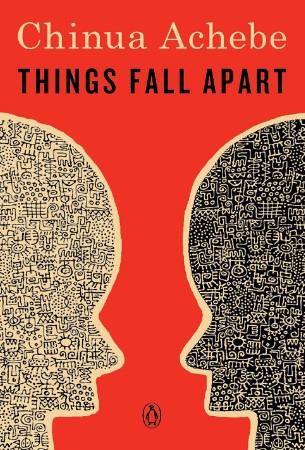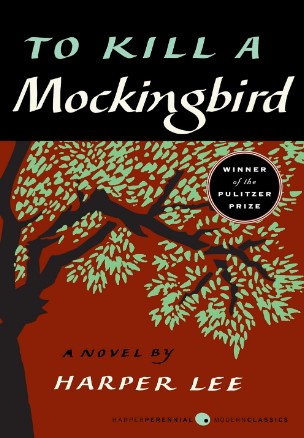I remember picking up Things Fall Apart for its title. I knew I was going to read about the eventual collapse of someone’s world.
What I didn’t know is it would be about the intricate life and trials of Okonkwo, a man from Umuofia, and the profound changes his society undergoes.
This book is a bit different from what I usually read, but once I finished Things Fall Apart, I knew I didn’t want to write a typical review of such a well-known text. Instead, I wanted to share my personal thoughts.
Though Things Fall Apart might seem like an obvious first choice for someone new to Chinua Achebe’s work (I initially considered starting with Arrow of God), I chose it when I discovered it was the beginning of a trilogy, with No Longer at Ease and Arrow of God following the descendants of Okonkwo, the protagonist.
Realizing this, I felt it made sense to start with Things Fall Apart to fully grasp the series’ progression.
Things Fall Apart centers on Okonkwo, who lives in Umuofia, one of nine Igbo villages in Nigeria.
The novel delves into his life with his three wives and children, his exile from Umuofia, and his confrontation with British colonialism and Christian missionaries.
As I read, I quickly understood why the book is so acclaimed. Given the period it was written in, its aim to educate a world that largely viewed Africa as “primitive” or “the Other,” in line with Joseph Conrad’s “heart of darkness,” is remarkable.
The novel offers a rich depiction of Igbo culture and traditions, presented with depth and respect.
I was also struck by the clarity and simplicity of the writing, along with its use of formal language to showcase a different facet of African—and specifically Igbo—language and society.
The themes resonated with me deeply. Okonkwo’s struggle against the sweeping political, cultural, and religious changes was compelling.
His concept of masculinity, rooted in aggression and a refusal to show weakness, contrasted sharply with his disdain for his father’s perceived frailty and his frustration with his son Nwoye, whom he viewed as weak.
Okonkwo’s wish that his daughter Ezinma, who embodied qualities he admired, were a boy, added another layer to this exploration.
The novel also presents various expressions of masculinity, providing a nuanced look at Okonkwo’s character and values.
By the end, I truly appreciated why Things Fall Apart is so celebrated. I loved the book and only regretted not reading it sooner.
Now, I’m eagerly looking forward to continuing Achebe’s ‘African Trilogy.’
I highly recommend this book to anyone interested in a profound, culturally rich, and thought-provoking read.
Buy Things Fall Apart on Amazon
Price:
Paperback: $8.69
Kindle: $11.99


Pingback: 1984 by George Orwell: A Review - Book Nerd